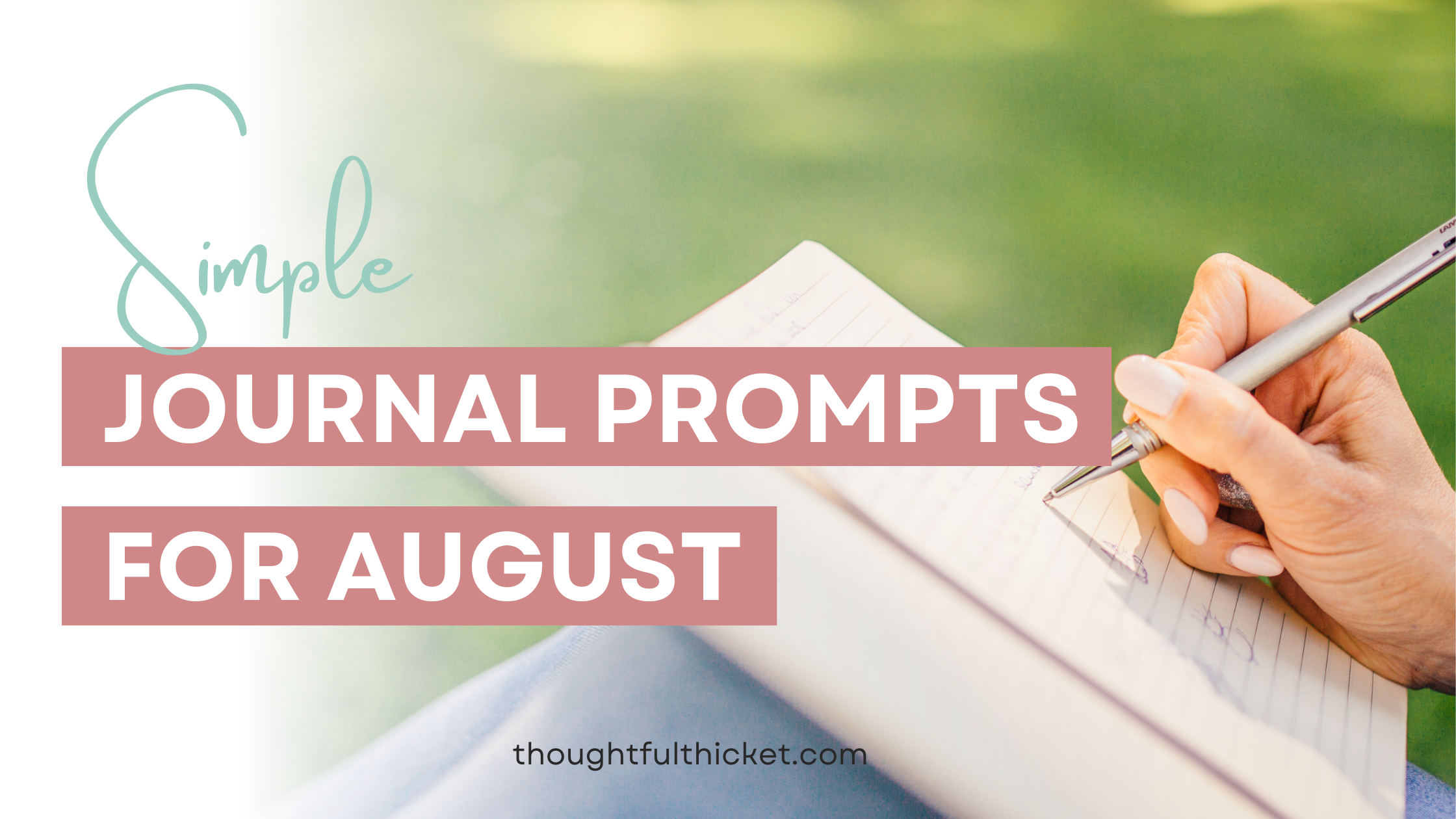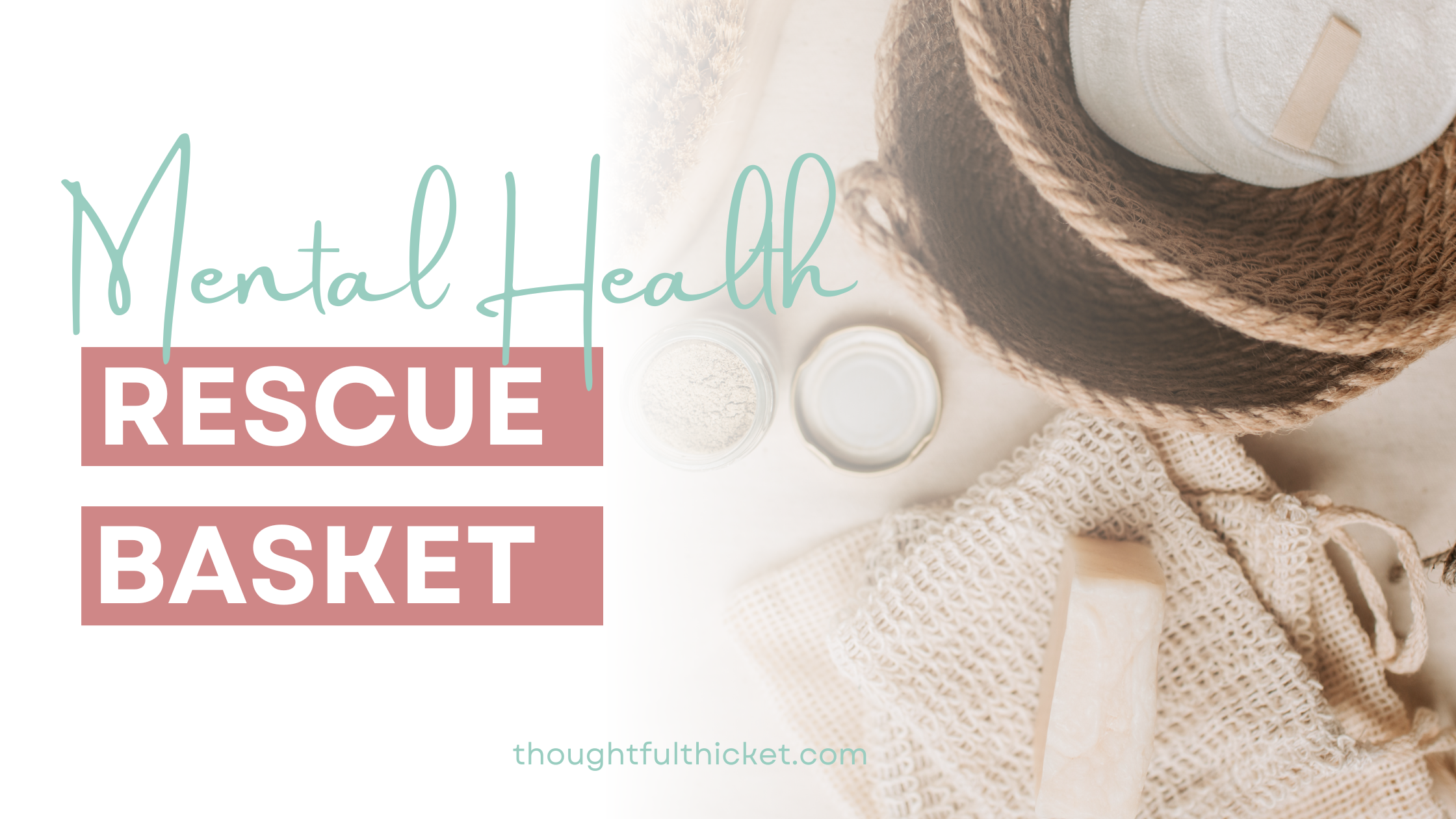
Do you find it difficult to fall asleep at night? Do you wake up in the middle of the night and find it hard to get back to sleep? Are you just staring at the ceiling, unable to shut your brain off? Don’t worry, help is on its way. Follow these simple tips to improve your sleep.
Improve Your Sleep Hygiene
Sleep hygiene is all about creating good sleeping habits. Everything from how we get ready for bed and where we sleep to our daily activities play a role in our sleep hygiene.
By creating good sleep habits, we can improve the quality of our sleep and reap the benefits all day long.
Signs Your Sleep Hygiene Needs Improving
- Difficulty falling asleep
- Waking up in the middle of the night
- Being tired during the day
- Tossing and turning unable to get comfortable
- Racing thoughts when trying to sleep
Bad sleep hygiene can take a toll on your health.
How to Improve Your Sleep
Wake Up and Go to Bed at the Same Time Each Night
Our bodies like routine. By sticking to a set sleep schedule our bodies will get used to sleeping during those hours making it easier to get to sleep and stay asleep. Everything from our digestive patterns to our hormones rely on a schedule and the easiest way to disrupt it is to mess with our sleep.
Have a Bedtime Routine
There is a reason this is one of the tried and true pieces of baby advice out there. It works. But just because we are not babies anymore does not mean we should just ditch the bedtime routine all together. Having a solid bed time routine (that does not include devices) is a surefire way to signal to your brain it is time to go to sleep.
What you choose as your routine is up to you. Perhaps a cup of herbal tea or a shower will signal the start of your bedtime routine. For some reading before bed works (as long as you don’t let yourself read “just one more chapter”) or listening to relaxing music (my go-to ritual).
Keep Your Evenings Stress Free
Many of us are guilty of taking part in stress-inducing activities right before bed. Activities such as watching the news, working, or social media can induce stress. And if we are stressed before bed our brain will continue responding to that stress long after lights out. Our brains will keep thinking or worrying about things keeping us up as we try to solve the problem.
Device Free For An Hour Before Bed
Aside from being a source of stress (news, social media, emails etc.), electronics emit a blue light can actually disrupt our body clock. This blue light can trick our body into thinking it is daytime. This in turn affects the production of melatonin, an important hormone for our circadian rhythm.
Whenever possible, turn off your electronics one hour before lights out and keep them out of the bedroom.
Create a Sleep Sanctuary
To create a sleep sanctuary we need to keep our bedroom sacred. This means only bedtime related activities belong there, especially the bed. No more watching TV or working in bed. Our bed is for sleeping.
Also, keeping our room relaxing and clean will help us sleep. Consider all the things you keep in the bedroom that just create clutter. Is there a way you relocate some of those things elsewhere? When I designed our house, I purposely designed our master bedroom to be on the small side. Often, our bedroom became the dumping ground for everything that didn’t have a home and I wanted to avoid that in the new house. So, there is just enough room for our bed, some side tables, and dressers.

Be Mindful of What You Eat and Drink Before Bed
What and how much we eat can have an impact on our sleep. Certain foods, especially fatty or spicy foods, that can have a negative affect on our sleep by disrupting our digestion.
Drinking alcohol before bed affects our ability to get into REM sleep, leaving us tired in the morning. And caffeine is best avoided for 6 hours prior to sleep. And, drinking too much of anything before bed can have us up in the middle of the night to pee.
All that being said, be mindful you are not too hungry or thirsty before bed as well. Hunger pangs, or a dry mouth can affect our ability to fall asleep and wake us in the night as well.
If You Can’t Fall Asleep, Get Out of Bed
For the most part, an adult should fall asleep in 10-20 minutes and stay asleep for 7-8 hours. So, if you haven’t fallen asleep in 20 minutes or are trying to fall back to sleep after 7 hours, just get out of bed. Go do something relaxing (and device free) like reading or meditating for a bit, and then return to bed and try again. It is actually harder to fall asleep when you are thinking about trying to fall asleep than it is when you distract yourself from that thought.
If You Are Having Trouble Sleeping, I Hope These Tips Help
Having a good night sleep is important for overall physical and mental health. And good sleep hygiene is the first step to improving your self care. With regular quality sleep, you will get sick less often, have a healthier weight, lower your risk of heart disease and improve your ability to handle stress. The way I see it, we can’t afford to not have good sleep hygiene.
Let me know what you think. Are you a tosser and turner? Do you have trouble turning your brain off at night? Are you going to give some of these tips a try?











